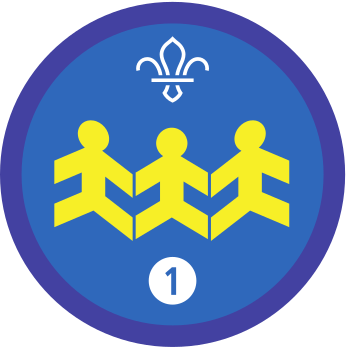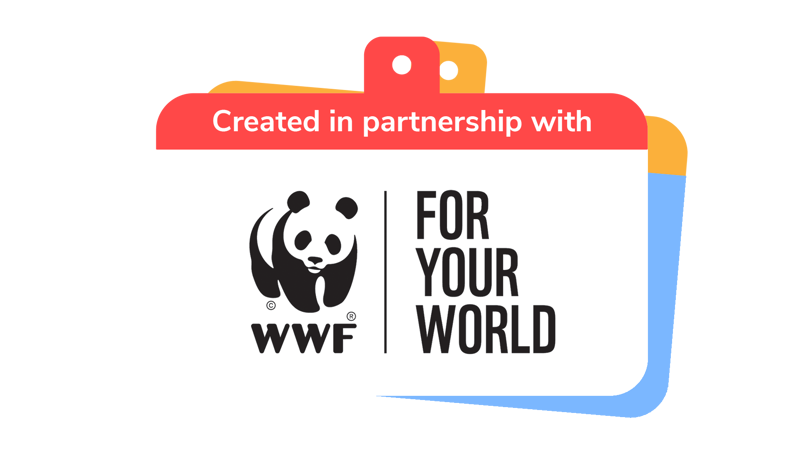
Food for thought
You’ll need
- A4 paper
- Pens or pencils
- Coloured pens or pencils
- Device to access the internet (optional)
Before you begin
- Remind yourself of everything people have done to protect the environment: how did they identify the need, plan action, and take action?
- If you have resources people made, or photos and videos of them taking action, bring them to show everyone. You could ask people to bring their own photos and resources too.
- Write the Questions to ask on six pieces of paper and display them around your meeting space.
- If you can, use recycled paper. You could also use old notebooks or scrapbooks that you’ve got left over.
- What theme did we explore?
- What did we do?
- Why did we do it?
- How did it make you feel? What skills did you develop?
- How did the project make a difference for people or the environment?
- What could we do next?
Remember, remember
- The person leading the activity should help everyone remember the main details about their project so far. They should use any resources, photos, or videos to help jog people’s memories.
- Everyone should split into six groups. Each group should go to a different piece of paper with a question on.
- Each group should spend two or three minutes thinking about each question, chatting with their friends, and jotting down their ideas.
- The person leading the activity should keep track of time. After a few minutes, they should tell everyone to move to the next sheet of paper. Everyone should keep moving around until they’ve had a chance to reflect on each of the six questions.
- Everyone should share their ideas.
Recipes to save the planet
- Everyone should think about ways that recipes can be adapted so they're better for the planet, for example, swapping meat for another source of protein, finding ingredients that meet a credible certified standard, or using vegetables that are in season.
- Everyone should gather all of their ideas for planet-friendly recipes.
- Everyone should narrow their ideas down to between five and ten recipes. They should make sure they have the ingredients (including amounts) and instructions.
- Everyone should decide how they’ll make their book. They could make a book online with a website like Book Creator or get stuck in with paper and pens.
- Everyone should decide how they’ll structure their book. Do they want to make it like a meal, with starters first and desserts at the end? Do they want to theme their recipes by cuisine? Maybe they could all be alphabetical?
- Everyone should start to create their book. They should be as creative and colourful as they like. Recipe books can have drawings, collages, sustainability suggestions, and stories from the people behind the recipes.
- Everyone should give their finished book a title and continue adding to it over time.

This activity helps contribute towards some of the UN's Sustainable Development Goals. Find out more about the SDGs, and how Scouts across the world are getting involved.
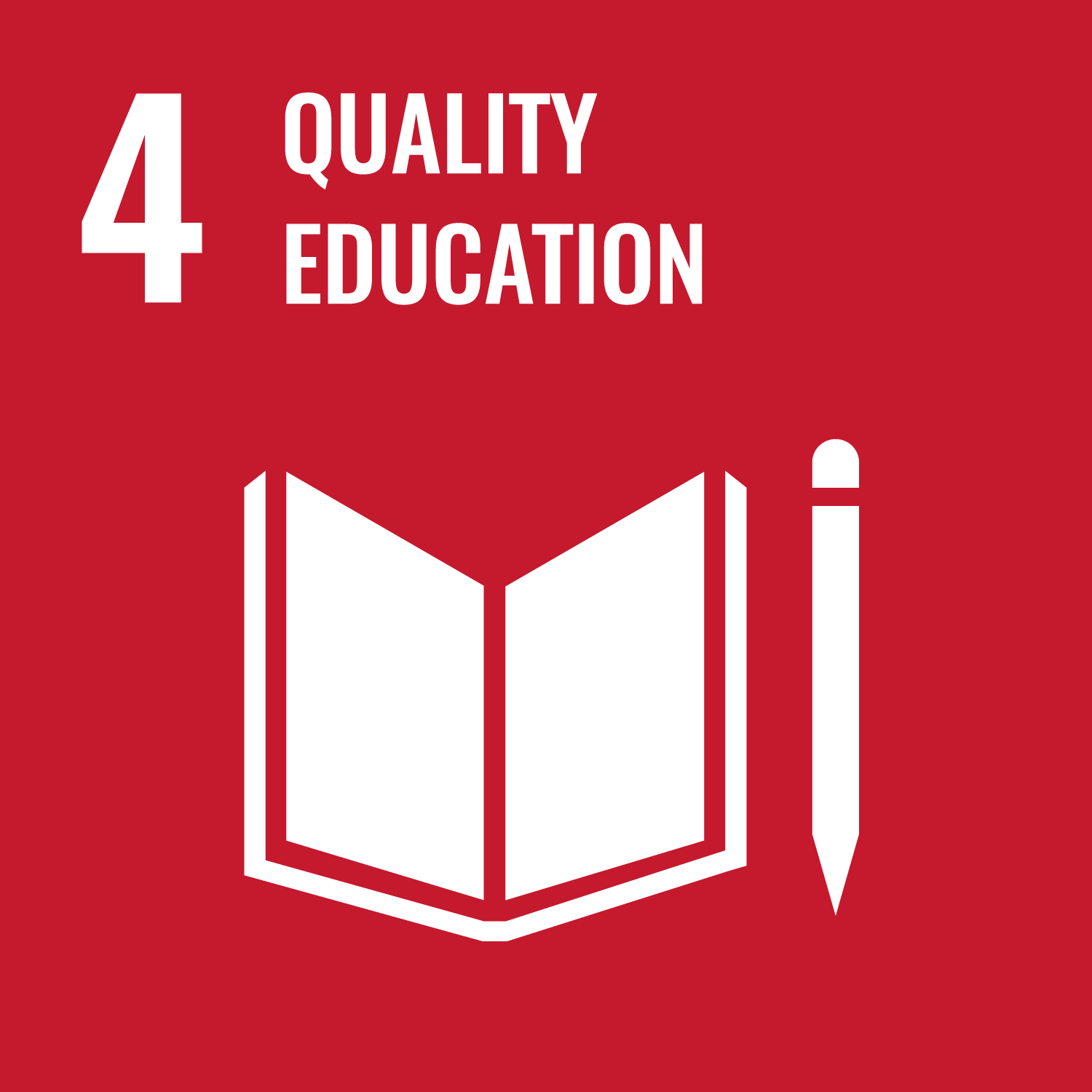
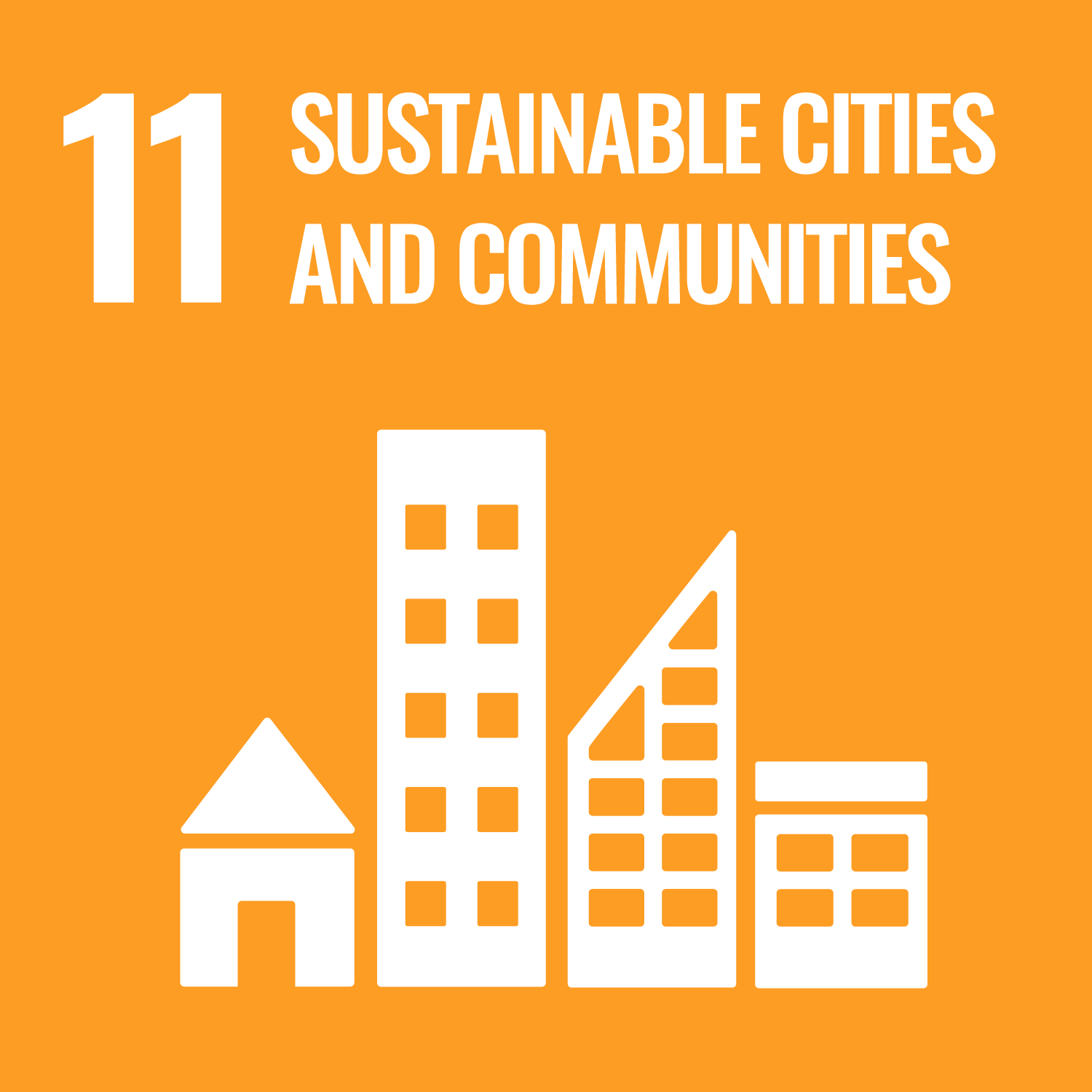
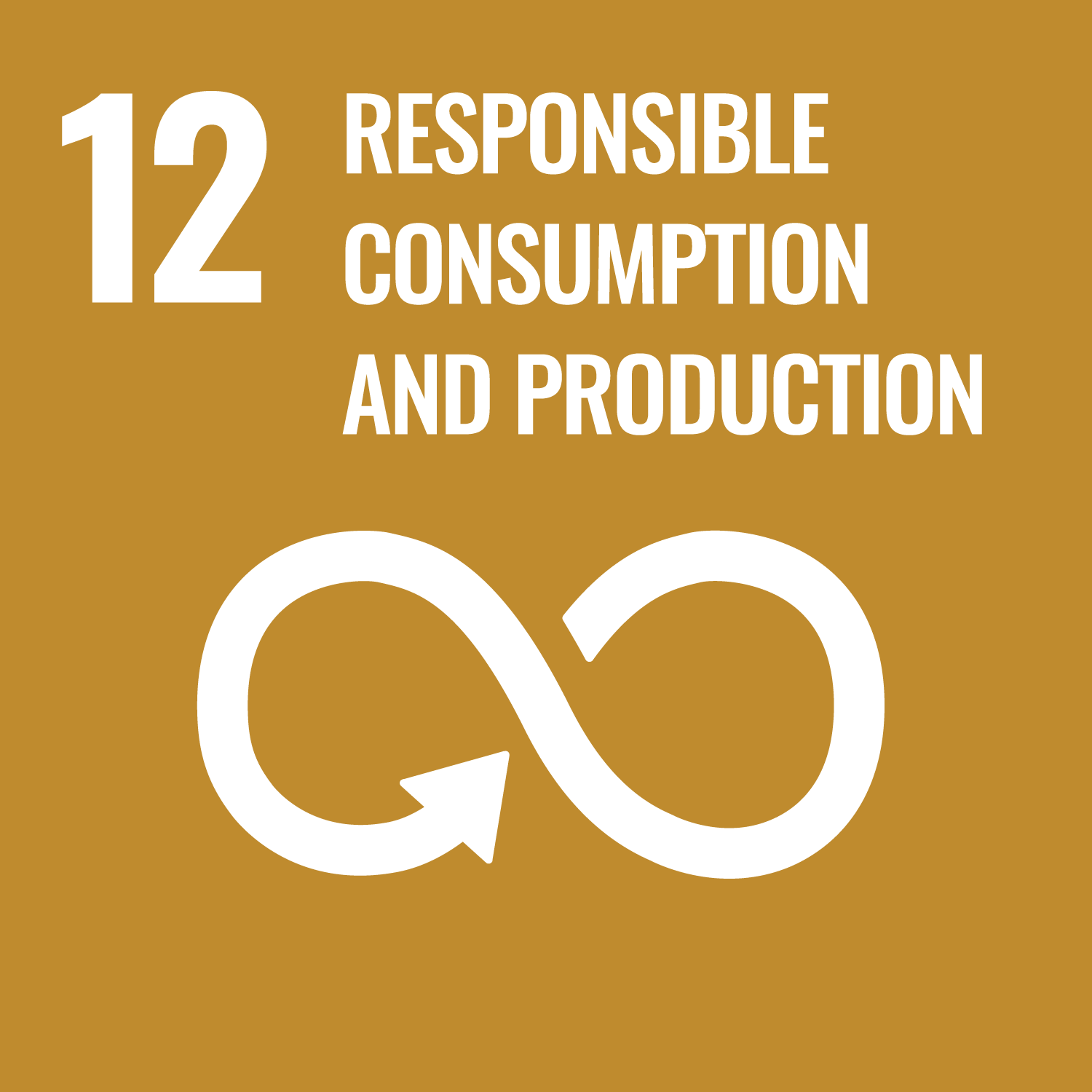
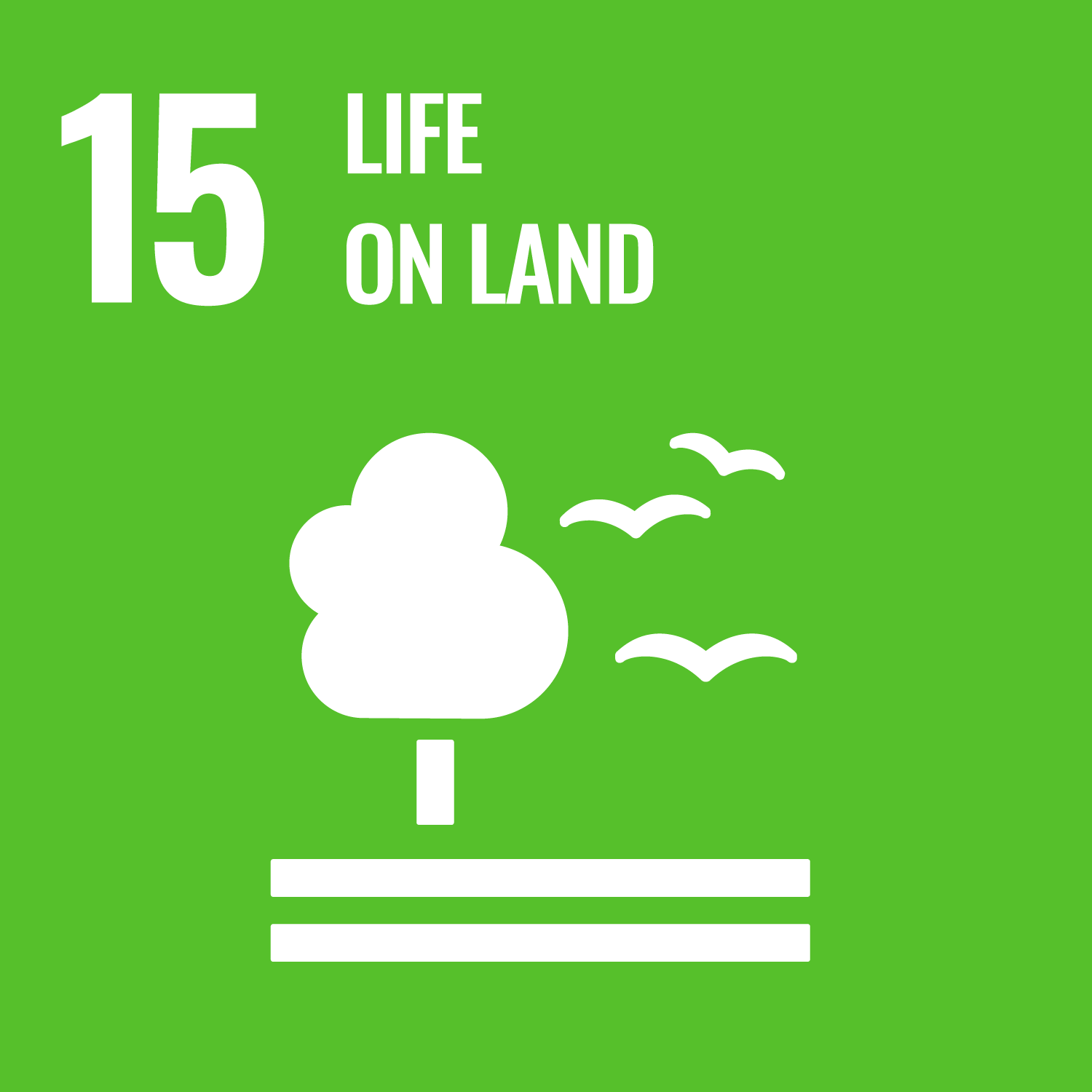
Safety
Guidance
All activities must be safely managed. You must complete a thorough risk assessment and take appropriate steps to reduce risk. Use the safety checklist to help you plan and risk assess your activity. Always get approval for the activity, and have suitable supervision and an InTouch process.
Reflection
This activity was all about reflecting on a project and how it helped people’s community and encouraged them to be citizens. How did the project make a difference? Did people try anything new in this project or develop new skills?
How much did people already know about food and how it affects the planet? Can anyone think of a simple change they could try to make their diet more sustainable? How would they explain everything they’ve learned to their parents or carers?
Depending on your group, it may be useful to have an adult at each sheet of paper to help people write down their ideas.
Different groups will also be ready to reflect in different ways. You know your group best: adapt the reflection so it works for them.
People could try to make some of the recipes at home with the people they live with (as long as an adult’s supervising). They could even do a taste challenge to show people that planet-friendly recipes can be tasty, healthy, and cheap as well as good for the world. Ask people to share what they found – they may even have cooking tips or food photos to add to the recipe book.
People can record their thoughts on the big sheets of paper in whatever way works for them, including drawing and writing ideas down.
Think about making suggestions for how you could adapt the recipes so they work for people with common allergies or dietary requirements.
Not everyone has to write – there are plenty of other ways to communicate, including using images and diagrams.
There are lots of reasons people may not be able to make some changes, for example, people on lower incomes (or with eating disorders or other medical conditions) may not be able to commit to removing foods from their diets, or some disabled people may need to use food that’s pre-made with lots of packaging. You may want to explain this as part of creating an environment that’s free from judgement and focuses on the positive changes people are able to make.
All Scout activities should be inclusive and accessible.
Use the recipe book as a talking point and organise ‘sustainable supper clubs’ for your local community. You could make some sustainable recipes, share them with others, and inspire them to try to eat more sustainably. Invite local decision makers (such as councillors, MPs, and teachers) and chat to them about creating more communal green spaces to plant and grow food.
Discover more at https://www.wwf.org.uk/
